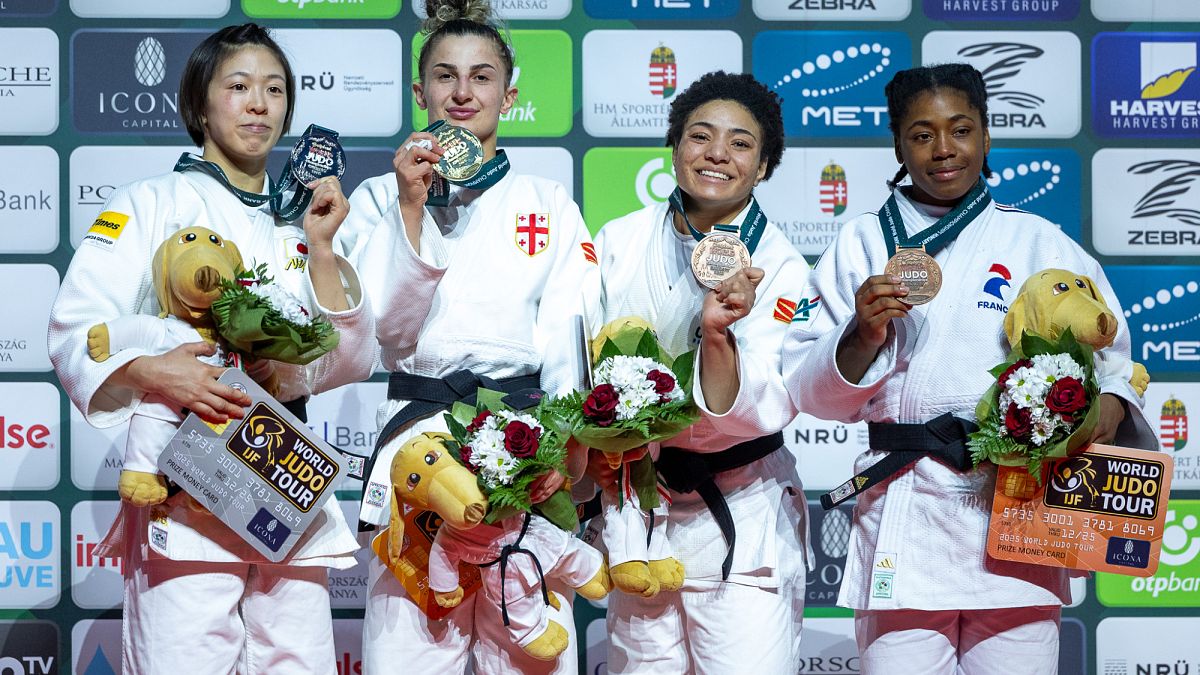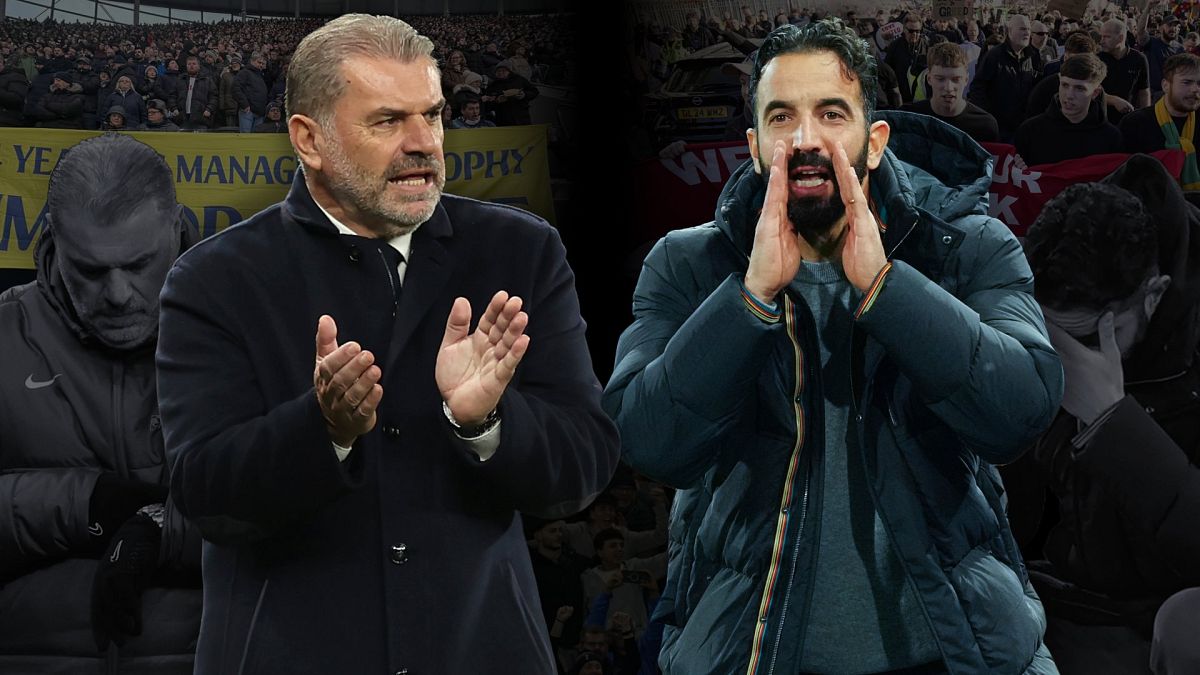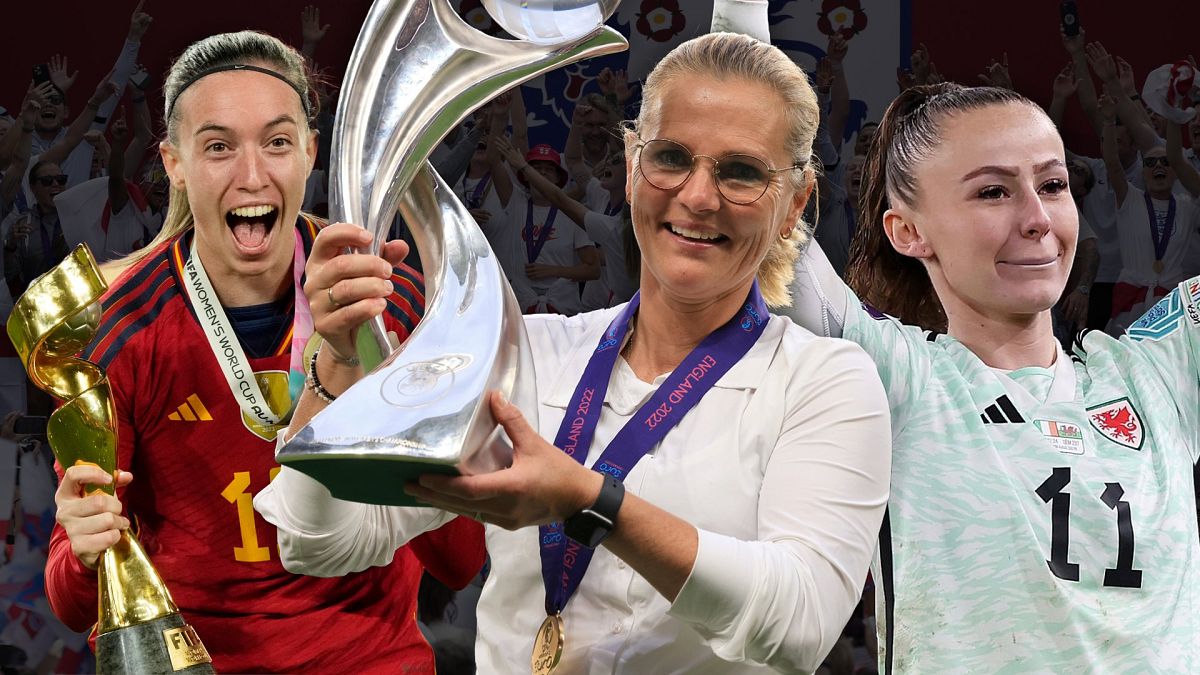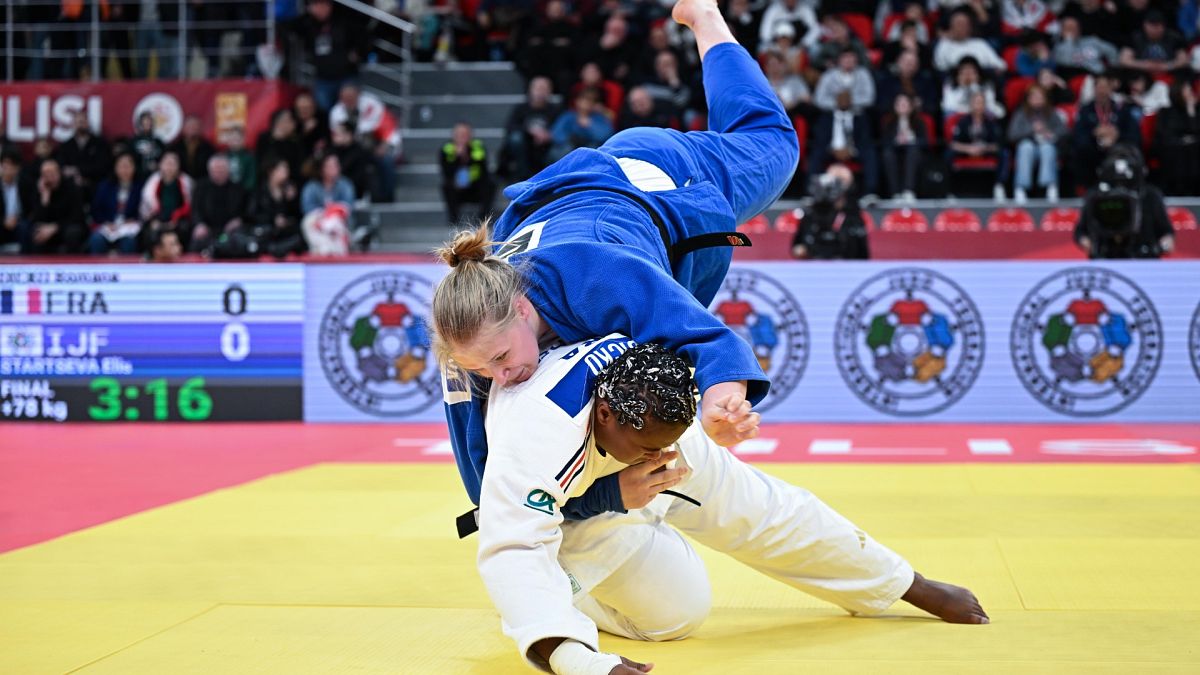‘Don’t listen to your gut’: How to make a good business decision
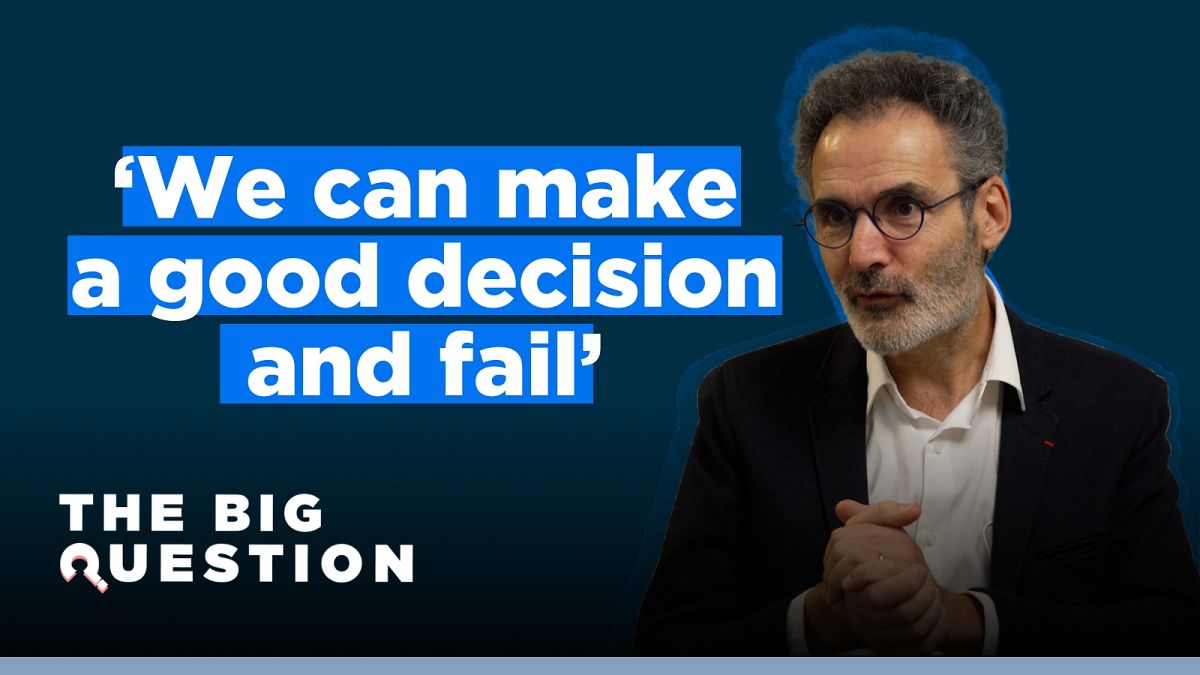
Leading business strategist Olivier Sibony explains the science behind reducing error and how to make good business decisions.
Decision making is key in business and I’m sure all of us can think of someone we’ve worked with who is a terrible manager.
It’s not just about being a nice person – your best friend can be a bad boss. And while being understanding and supportive is pretty important in people management, the psychology of being a good leader goes a bit deeper.
In the latest episode of The Big Question, we sat down with Prof Olivier Sibony of HEC Paris Business School, a leading academic and business strategist to discuss how to confidently make good business decisions.
What is ‘noise’?
A lot of Olivier’s research is centred around ‘noise’ and how it affects our judgement. But what is noise? As much as trying to be productive at work surrounded by office hubbub often feels impossible, that’s not what he’s talking about.
“Noise is simply the variability of judgements. The fact that judgements can randomly be very different from one person to the next, and even from one moment to the next in the same person,” Olivier explains.
A good example is to look at the judiciary system. Someone can be convicted of a crime and, depending on the judge they are assigned and the mood of the judge, the sentence can vary wildly.
“The old saying is that justice is what the judge ate for breakfast.
“We actually have econometric studies that show that there is some effect, not a very large effect, by the way, of the outside temperature on the severity of judgements. When it’s very hot, judges are in a bad mood, they tend to be more severe.”
It’s the same reason people often say you should book your driving test for early afternoon because the examiner will have just eaten lunch and be in a good mood. It’s not just a myth. Avoid hungry examiners.
How does bias affect our decision making?
Bias is different to noise in that it’s often the result of shared error. Group bias is a big problem in the workplace particularly during team discussion or interview panels.
Olivier gives a great example of a team interviewing a prospective candidate and the boss says that they think the candidate lacked certain traits.
“Having heard [them] say that, how likely am I to say that actually, in the interview with me, the candidate was very strong and present and striking?
“I might actually not mention it anymore, because I am afraid that I will come across as having a lower standard than you, or worse judgement than you on this very important dimension,” Olivier adds.
This effect then perpetuates and the next person on the panel, though they may have the same thoughts as you, will also be reluctant to voice their disagreement with the boss. In this scenario, the benefit of having multiple assessors is completely lost.
How to make a good decision
Olivier suggests businesses should implement ‘decision hygiene’ – a process that protects decision making from errors, noise and bias.
“Dissent is a good thing,” he adds, explaining the need for managers to create opportunities for employees to voice their difference in opinions.
One technique Olivier suggests is the ‘premortem’, a technique invented by psychologist Gary Klein.
In this technique, a boss asks employees to take a few minutes to write down the answer to the following question: We are five years in the future and this decision has been a disaster. What happened?
“That will get people to speak up about their worries in a way that they won’t if you just ask them ‘So what are your worries’? Because [in that situation] they will say, ‘Oh no boss, your idea is great. I don’t have any worries’.”
Another key concept Olivier emphasises is that a good decision doesn’t always lead to success.
“We can make a good decision and fail. And we can make a terrible decision and because of a stroke of good luck, be very successful. But of course, what we care about is the outcome.”
Because of this, many people are struck by the fear of failure which can lead to an inability to make a decision.
“Your job is not to be successful every time. Your job is to make the best possible decision you can with the information you have,” reminds Olivier.
The Big Question is a series from Euronews Business where we sit down with industry leaders and experts to discuss some of the most important topics on today’s agenda.
Watch the full episode above to learn more about how to alleviate noise and make good business decisions.
Video editor • Joanna Adhem
Source: Euro News


